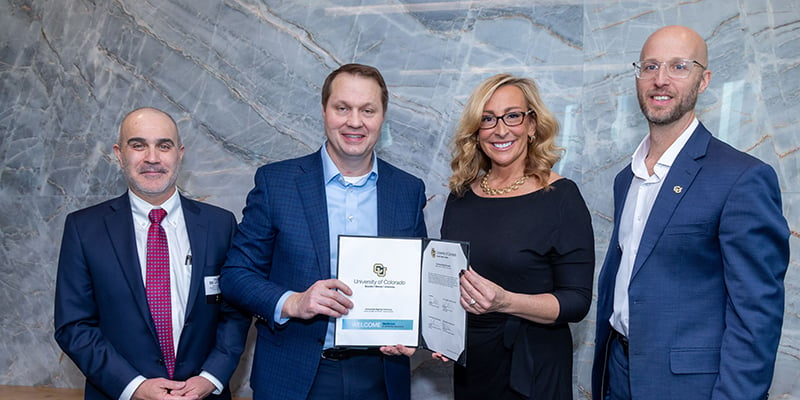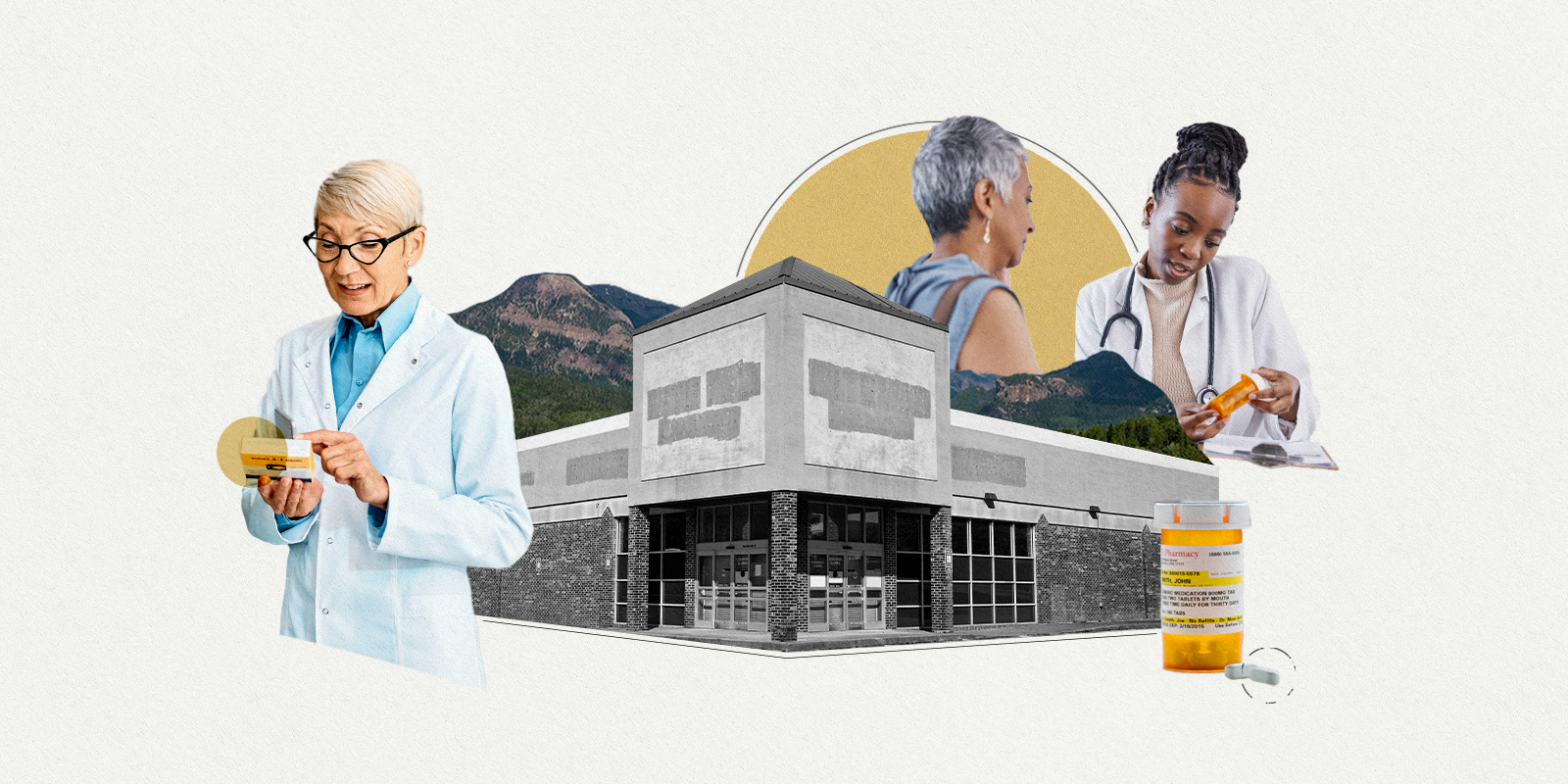Like your home’s plumbing system, if a “pipe” clogs or corrodes and bursts within your vascular system, it can create a destructive mess, even leading to an all-systems failure if not addressed. Constant, high-pressure flow weakens arteries, and can knock corrosive plaque loose, creating a dangerous barrier. The best way to prevent a blowout? Take care of your house.
Blood Pressure Basics
|
High blood pressure affects nearly half of U.S. adults (48.1%, 119.9 million, Centers for Disease Control and Prevention) and is a primary cause of the nation’s top killer: cardiovascular disease. In addition to stroke and heart attacks, hypertension can cause vision problems and sexual dysfunction, among other things. Risk rises the longer the disorder goes unchecked.
“It’s a big problem,” said Steven Simon, MD, an assistant professor in the Division of Cardiology at the University of Colorado School of Medicine, who focuses on blood pressure and prevention. The numbers of at-risk and affected patients have risen with the nation’s weight and processed diets, doubling among 30- to 79-year-olds from 1990 to 2019 (National Institutes of Health). Simon teaches his patients life-changing habits that can prevent or lower high blood pressure.
“For many people, lifestyle interventions can certainly make a difference,” said Simon, also co-director of the Cardiometabolic & Advanced Lipid Clinic with David Saxon, MD, at the CU Anschutz Medical Campus. But it’s important to note that for some people, hypertension stems from genetic or other secondary causes that may not respond to lifestyle interventions alone, and they will need medical evaluation, Simon said.
Here are Simon’s top 10 tips for keeping blood pressure in check:




